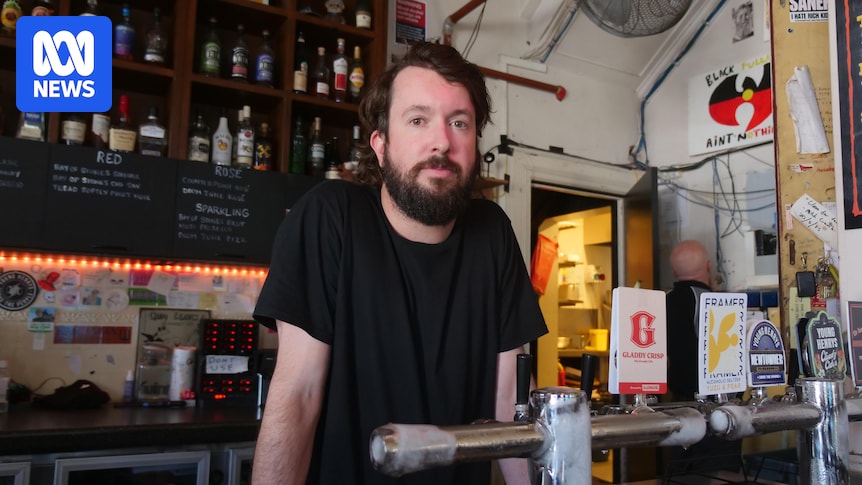
The likelihood of developing high blood pressure is significantly higher among individuals suffering from both sleep apnea and insomnia. This conclusion stems from a recent study conducted by the University of Gothenburg, highlighting a critical intersection of sleep disorders and cardiovascular health.
High blood pressure, or hypertension, is a leading risk factor for heart attack and stroke. While elevated blood pressure can arise from various causes, such as obesity, stress, or kidney disease, sleep apnea has long been recognized as a contributing factor. However, this study is the first to demonstrate that the combination of sleep apnea and insomnia poses the strongest risk for uncontrolled hypertension.
Understanding Sleep Disorders
Sleep apnea is characterized by repeated pauses in breathing during sleep, resulting in oxygen deficiency and disrupted sleep patterns. Insomnia, on the other hand, involves chronic sleep difficulties, such as trouble falling asleep, frequent nighttime awakenings, or waking too early in the morning. Both conditions can severely impact overall health, but their combined effect on blood pressure is particularly concerning.
The Study’s Design and Findings
The study analyzed data from nearly 4,000 randomly selected middle-aged adults from the general population. Participants underwent comprehensive health evaluations, including blood pressure measurements and overnight home sleep studies. They were categorized into four groups: those without sleep problems (2,616 individuals), those with insomnia (404), those with sleep apnea (694), and those with both conditions (118). Blood pressure readings above 140/90 mmHg were classified as high.
The findings revealed that 4.5 percent of individuals with insomnia alone had high blood pressure, compared to 7.9 percent of those with sleep apnea alone and 10.2 percent of those with both conditions.
Implications for Healthcare
Mio Kobayashi Frisk, a physician at Sahlgrenska University Hospital and doctoral student at the Sahlgrenska Academy, University of Gothenburg, is the lead author of the study. She emphasizes the importance of this discovery:
“We see that it is specifically the combination of sleep apnea and insomnia that is most clearly linked to high blood pressure. This is important knowledge for identifying patients who are at the greatest risk and need closer monitoring in healthcare,” says Mio Kobayashi Frisk.
Adding to this, Ding Zou, a researcher at Sahlgrenska Academy and the study’s senior author, highlights the broader implications for patient care:
“Good sleep is now part of the international recommendations for protecting heart health. For patients with both sleep apnea and insomnia, treatment with a breathing mask may not always be enough – support with sleep habits or cognitive behavioral therapy can also be important to reduce the risk of high blood pressure,” says Ding Zou.
Broader Context and Future Directions
This study is part of the Swedish CArdioPulmonary bioImage Study (SCAPIS), a large-scale population study funded by the Swedish Heart-Lung Foundation, and its findings have been published in the journal Annals of the American Thoracic Society. The research underscores the need for a comprehensive approach to managing sleep disorders, particularly in patients at risk for cardiovascular disease.
As the medical community continues to explore the intricate links between sleep and heart health, these findings could influence future guidelines and treatment protocols. The integration of sleep health into cardiovascular risk assessments may become increasingly important, prompting healthcare providers to adopt more holistic strategies in managing patients with complex sleep disorders.
Looking ahead, further research is needed to explore the mechanisms underlying the relationship between combined sleep disorders and hypertension. Such studies could pave the way for novel therapeutic approaches, ultimately improving patient outcomes and reducing the burden of cardiovascular disease globally.






